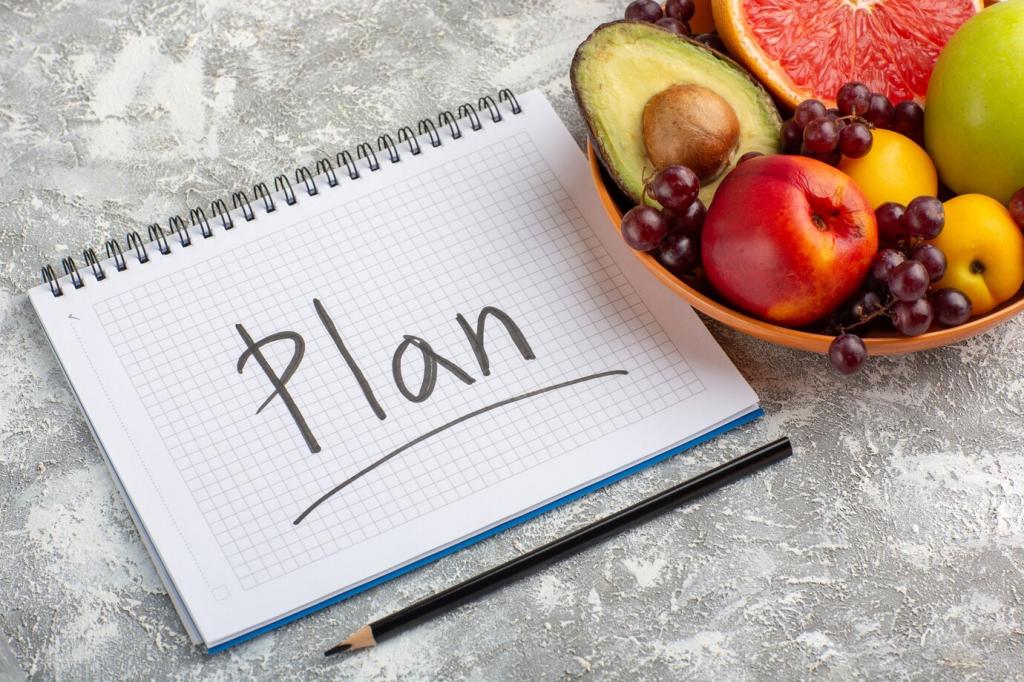Eating healthy doesn’t have to be expensive or complicated. With thoughtful planning and strategic choices, anyone can enjoy nutritious meals without overspending. This page explores practical ways to maintain a balanced diet while keeping your food budget in check. Discover helpful tips, smart shopping strategies, and ways to make the most of your resources for a healthier lifestyle that’s kind to your wallet.
Planning Ahead for Savings
Meal prepping can make a big difference when it comes to eating healthy on a budget. By dedicating a few hours each week to cooking and portioning meals, you can avoid costly takeout and unhealthy convenience foods. Prepping meals in advance also allows you to bulk-cook items, using affordable staple ingredients such as grains, beans, and vegetables. This approach not only saves money but also reduces stress during busy weekdays, making it easier to stick to your healthy eating plan.

Affordable Protein Sources
Protein is an essential part of a balanced diet, but it doesn’t have to break the bank. Beans, lentils, eggs, tofu, and canned fish are all budget-friendly sources of protein that can be incorporated into a variety of meals. Lean cuts of meat or poultry on sale can also be economical choices when bought in bulk and frozen for later use. Rotating between animal and plant-based protein options not only saves money but also adds beneficial diversity to your meals, supporting overall nutrition.
Making the Most of Whole Grains
Whole grains such as oats, brown rice, barley, and whole wheat pasta are affordable and hearty staples that provide lasting energy and essential nutrients. Buying these items in bulk can further reduce costs and ensures you always have a nourishing base for main dishes or sides. Grains are highly versatile, fitting into breakfasts, lunches, and dinners with ease. By getting creative with herbs, spices, and seasonal vegetables, you can transform simple grains into flavorful, satisfying meals without overspending.
Creative Use of Leftovers
Waste is the enemy of both your wallet and your health goals. Making use of leftovers requires a bit of ingenuity but can lead to delicious results. Leftover vegetables can be turned into soups or stir-fries, and bits of cooked grains or proteins can be repurposed in salads or wrapped in tortillas for a quick meal. By committing to using everything you buy, you reduce both food waste and your overall grocery expenses, all while keeping your menu fresh and exciting.
